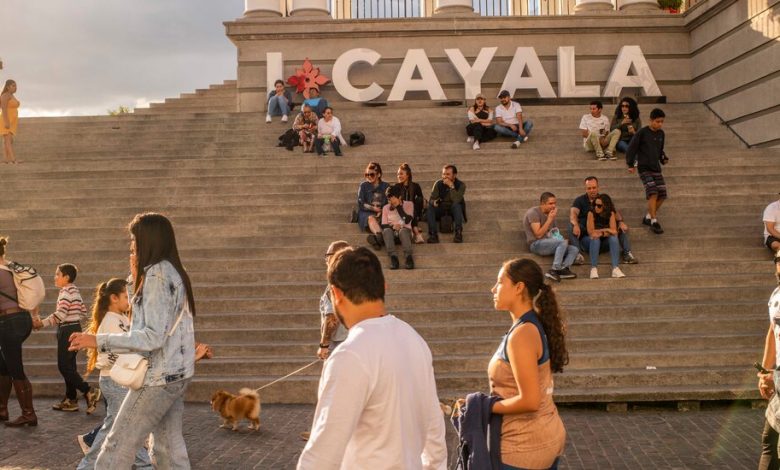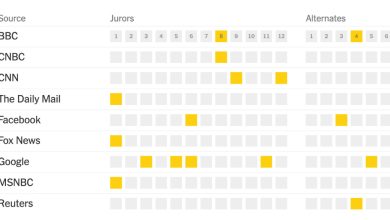New Utopian Enclave? Or a Testament to Inequality?

Try going for a stroll in much of Guatemala City: It is a pedestrian’s nightmare.
Motorcycles speed down crowded sidewalks. Rifle-grasping guards squint at each passerby, sizing up potential assailants. Smoke-belching buses barrel through stop signs.
But tucked within the chaotic capital’s crazy-quilt sprawl, there is a dreamlike haven where none of that exists.
In the City of Cayalá, a utopian domain created by one of Guatemala’s richest families, the streets are quiet and orderly, the stores are upscale and the homes attainable — if only to families from the country’s small, moneyed elite, or foreigners, like the American diplomats stationed at the huge newly built United States embassy nearby.
Evoking the feel of a serene Mediterranean town, Cayalá features milky white buildings with red-tile roofs, a colossal civic hall with Tuscan columns, cafes and high-priced restaurants, colonnade-lined plazas and walkable, stone-paved boulevards. All of this is open to the public — except for the gated sections where about 2,000 families live.
“In 20 years, Cayalá will be just like La Rambla,” said Andrés García Manzo, a restaurateur who lives in one of Cayalá’s secluded villas, drawing a comparison to Barcelona’s legendary pedestrian-friendly promenade. “You can walk everywhere here in peace.”
But critics say it is largely a playground for the well-off, hard to reach by public transit, environmentally devastating and has attracted significant investment even as other parts of crime-ridden Guatemala City fall into decay.
We are having trouble retrieving the article content.
Please enable JavaScript in your browser settings.
Thank you for your patience while we verify access. If you are in Reader mode please exit and log into your Times account, or subscribe for all of The Times.
Thank you for your patience while we verify access.
Already a subscriber? Log in.
Want all of The Times? Subscribe.




